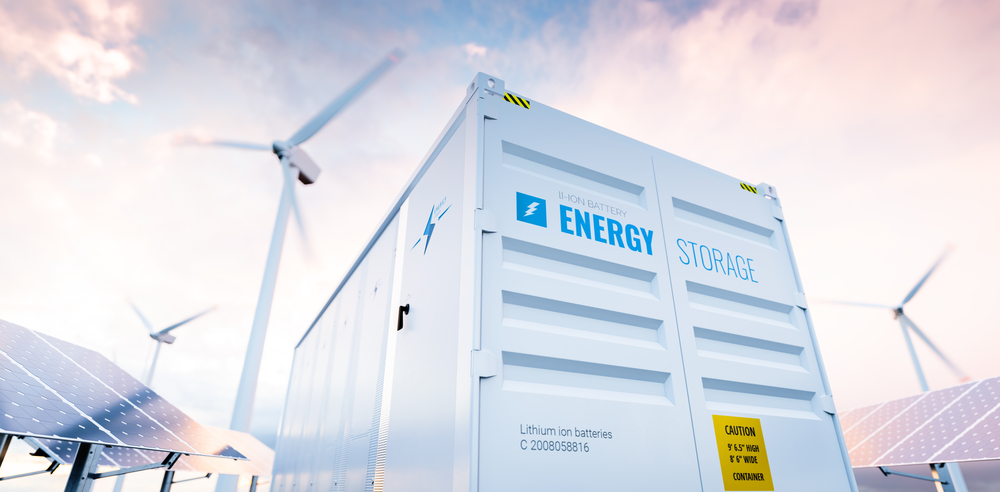Energy Efficiency, GHG Emissions, Microgrids - September 18, 2024
UC San Diego Receives $7 Million for Microgrid
UC San Diego now has a lithium-ion battery system on site, thanks to efforts of the California Energy Commission.
The university is powered by a microgrid that provides clean and reliable electricity, heating, and cooling.
The battery energy storage system (BESS) will help power the campus and decarbonize its microgrid while simultaneously strengthening California’s electricity reliability during times of need. UC San Diego serves thousands of students, faculty and staff across its 1,200-acre campus.
The university was awarded $7.15 million in funds from the Distributed Electricity Backup Assets (DEBA) Program to replace a decade-old battery with a new system rated at 10 MW/40 MWh during the Energy Commission’s September 11 business meeting.
“At UC San Diego, our campus serves as a vibrant hub where visionary scientists and innovators converge to address the most pressing real-world challenges, including the ever-increasing impacts of climate change,” said Chancellor Pradeep K. Khosla, in a statement. “By leveraging cutting-edge technologies to fuel our microgrid, we’re not only powering our campus, but also driving the groundbreaking discoveries of tomorrow in our labs and engineering schools. This award from the California Energy Commission is a testament to our unwavering institutional dedication to understanding and protecting our planet for future generations.”
For the past decade, UC San Diego operated a 5 MWh lithium-ion battery system as part of its 55 MW campus microgrid. The Energy Commission’s financial support will allow the university to replace and upgrade the existing system with new batteries and up-to-date design and engineering specifications that will result in improved safety for the next 10-20 years of operation.
The system is scheduled to come online during the second part of 2025 and represents an eight-fold increase in energy capacity.
In 2026, the campus also plans to install a high-temperature thermal energy storage system manufactured by RedoxBlox Inc. with a thermal capacity of 10 MWh, also funded in part by the California Energy Commission.
Share this valuable information with your colleagues using the buttons below:
« Back to NewsStay Up-To-Date












